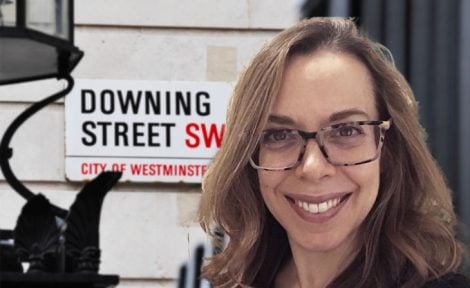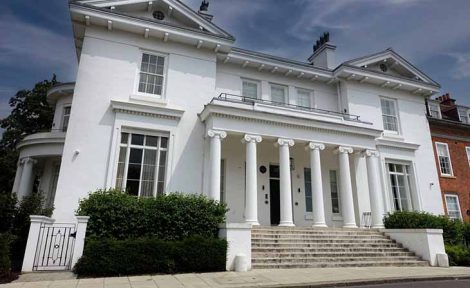AGENT: Will tomorrow be a taxing day for us, Rachel?
Leading London agent looks at the three most likely taxes for tomorrow's Budget - reform of Council Tax, a mansion tax and even scrapping Stamp Duty.

Further property taxes may be politically easy to introduce but may compromise confidence in the economy, which is a worry as housing constitutes six per cent of GDP and is a significant consumer spending and confidence driver.
The Government needs to encourage job and social mobility as well as transactions, and address continuing affordable private and social housing shortages, plus a record low and slow planning process.
Stamp duty raised £13.9 billion during the 2024-25 financial year on 83 per cent of sales, so penalises buyers and mobility.
But if the Government were to scrap it, as the Tories have promised to, how could that revenue be replaced? One option may be to charge sellers rather than buyers and set it at a lower level – for example, 0.5 per cent stamp duty on properties selling for £500,000-plus.
However, while it might make sense to charge sellers who have seen capital appreciation than buyers, there could be claims of unfairness from those who have recently paid stamp duty on a purchase.
Council tax is regressive as values have changed considerably since 1991 when the values are taken from. For example, in London and the south-east, no revaluation means higher bands have less of an impact.
Budget inclusion
We believe a mansion tax ‘dressed up’ as additional higher-value council tax bands is likely to be in the Budget despite the cost and time involved of implementing, as well as the many anomalies remaining.
But a mansion tax could be self-defeating as it is likely to be payable annually and not transaction based like stamp duty and capital gains tax. It’s also a post-tax cost so, for example, a 1 per cent charge at £2million could mean 1.8 per cent for higher-rate taxpayers i.e. £36,000 not £20,000.
Owners of homes valued at £1.99 million might pay nothing, so huge conflicts are likely.”
Also, if it is a ‘slab’ tax, owners of homes valued at £1.99 million might pay nothing, so huge conflicts are likely.
Discretionary movers would potentially choose to pause, not buy or sell, reducing transaction numbers and compromising the wider economy – as well as confidence. The new tax is unlikely to make a significant difference to Treasury coffers either, as it will affect relatively few.
The most important question for all suggested Budget measures to answer is – what will be the impact on market activity as well as the consequences for the wider economy? A need to encourage job and social mobility as well as growth is a given but a mansion tax probably won’t tick that box.
The housing market is at a crossroads – whatever the Chancellor delivers tomorrow could mean activity reduces further, or if it is not as bad as rumours have suggested, we could see a stronger 2026 rebound as the market recovers.
Jeremy Leaf is founder of his eponynous North London estate agency.










